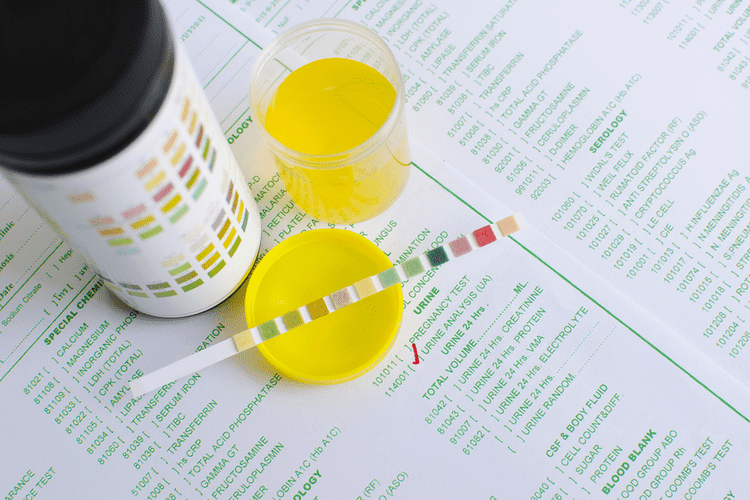Physical Address
304 North Cardinal St.
Dorchester Center, MA 02124
Physical Address
304 North Cardinal St.
Dorchester Center, MA 02124
Through creation, we find new ways to express our struggles, hopes, and triumphs, discovering a part of ourselves that we may not be able to put into words. Art therapy offers a holistic path to healing that provides a safe space for self-exploration and healing. So, as we develop a healthier relationship with alcohol and chart a new path towards a healthier, happier life, a brush and canvas can be powerful allies. Art therapy utilizes a broad range of creative techniques to support individuals on their recovery journey.
In conclusion, art therapy’s multifaceted approach addresses emotional, psychological, and social aspects of addiction recovery. By fostering emotional expression, trauma processing, self-awareness, and resilience, it serves as a vital component of holistic treatment programs. As research continues to substantiate its benefits, thanks to its versatility and accessibility, art therapy is poised to expand further within addiction recovery practices worldwide. Completing art projects provides tangible proof of progress, instills a sense of accomplishment, and helps individuals develop healthier coping mechanisms. These creative expressions often surface suppressed emotions that, once externalized, can be processed and integrated, reducing the likelihood of relapse.
Understanding these mechanisms can guide the development of more targeted interventions. Creating art encourages experimentation without fear of failure, embracing mistakes as part of the creative process. This fosters a growth mindset, where setbacks are viewed as opportunities to learn and grow, rather than as failures.
Imagine standing in front of a canvas, brush in hand, your mind a chaotic storm of thoughts. A stroke of blue, a streak of red, and suddenly the unspoken begins to take form. Art therapy allows individuals to pour their emotions onto a surface, transforming alcohol rehab internal battles into something tangible.
Art therapy offers a unique approach to addiction recovery, providing individuals with a creative outlet to express emotions and process trauma. Through painting, drawing, sculpting and other artistic mediums, those in treatment can explore feelings that may be difficult to verbalize. Art therapy taps into nonverbal parts of the brain, allowing for deeper healing and self-discovery during the recovery process. In practice, art therapy provides an external outlet for emotions that might be difficult to articulate verbally. Given these benefits, there is a growing call for incorporating both art therapy and mindfulness practices into standard addiction treatment addiction meditation kundalini programs.
Clients often review their artwork, explore symbolic meanings, and discuss insights gained from the creative process with their therapists. These discussions support deeper understanding, foster emotional breakthrough, and reinforce coping strategies. This integration enhances self-awareness and decision-making by activating brain networks involved in these functions. For example, creating art can facilitate insights into emotional triggers, promote mindfulness, and strengthen resilience against relapse. Art therapy is a versatile modality that seamlessly complements traditional addiction treatments by combining expressive, non-verbal activities with established evidence-based practices. It is often incorporated alongside cognitive-behavioral therapy (CBT), group counseling, medication management, and holistic approaches to create a comprehensive recovery plan.
The symbolic and metaphorical nature of art helps uncover underlying issues such as trauma, guilt, or depression. The goal of art therapy for addiction is to find an alternative form of communication that allows those in addiction recovery from substance abuse to express their experiences. Sometimes, emotions like grief, anger, guilt, shame, and hopelessness are too complex to put into words. So when you’re struggling to express yourself but still crave emotional release, art therapy can help. The practice provides a creative outlet for people to express their thoughts, feelings, and experiences through various art forms.

The nonverbal aspect of art therapy is especially advantageous in addiction treatment because it allows individuals to express feelings that might be suppressed or difficult to articulate verbally. Many clients experience shame, guilt, or trauma that can hinder open communication. Art therapy has roots that extend back over a century, but it was formally recognized as a therapeutic approach in the mid-20th century.
It also fosters mindfulness and present-moment awareness, enabling individuals to recognize triggers and emotional patterns that may lead to substance use. Art therapy’s emphasis on creativity as a process—rather than artistic talent—opens its benefits to a wide range of individuals. It promotes growth, healing, and sustained sobriety by empowering clients to explore their inner worlds and develop resilience, making it a valuable component of comprehensive addiction treatment programs.
Songwriting allows individuals to express their experiences and hopes for the future. Playing instruments can improve focus and coordination while providing a healthy coping mechanism. Creating art activates different parts of the brain, promoting neuroplasticity and new ways of thinking. Clients often gain insights into their addiction patterns through their artwork. These visual representations serve as powerful reminders of personal aspirations and motivations for staying sober.

Art therapists work alongside other addiction specialists to ensure a comprehensive treatment approach. They help interpret the artwork and facilitate discussions about the emotions and insights revealed through the creative process. Patients engage in guided art projects designed to address specific recovery goals.
Alternative therapies are most effective when integrated with evidence-based treatments. They provide additional tools for self-expression, relaxation, and personal growth throughout the recovery journey. Alternative therapies complement traditional treatment methods, offering holistic approaches to recovery. These therapies aim to address the emotional, spiritual, and physical aspects of addiction. Personalized approaches may involve integrating clients’ cultural backgrounds, personal symbols, and preferred art forms into therapy sessions. This https://ecosoberhouse.com/ personalization enhances engagement and fosters a sense of ownership over the healing process.